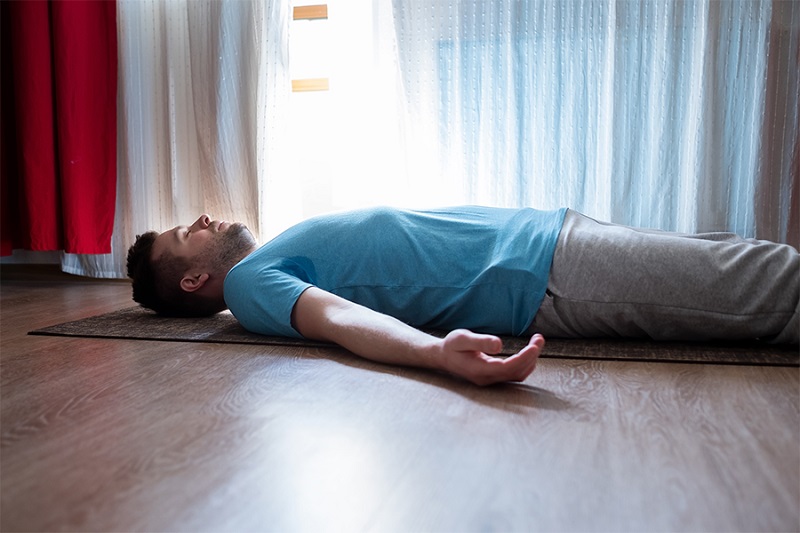In the hustle and bustle of our daily lives, finding peace can seem like an elusive dream. This article explores the profound benefits of meditation, specifically focusing on how it can be a game-changer for both sleep and anxiety.
The Chaos of Modern Living
Life’s demands can leave us feeling overwhelmed, leading to sleepless nights and heightened anxiety. Before diving into the world of meditation, let’s reflect on the challenges we face daily and the toll it takes on our mental well-being.
Understanding the Link: Sleep and Anxiety
It’s not uncommon for sleep and anxiety to go hand in hand. This section unravels the intricate relationship between the two, explaining how disrupted sleep can contribute to heightened anxiety and vice versa.
The Science Behind Meditation’s Impact
Delve into the scientific underpinnings of meditation. Understand how mindfulness practices influence the brain, regulating stress hormones and promoting a state of calm conducive to both improved sleep and anxiety reduction.
Getting Started: Meditation Techniques for Beginners
Embarking on a meditation journey doesn’t require a Himalayan retreat. This section introduces simple yet effective meditation techniques suitable for beginners. From guided imagery to focused breathing, discover practices that resonate with you.
Creating a Tranquil Sleep Sanctuary
Your sleep environment plays a crucial role in the quality of your rest. Learn how to transform your bedroom into a haven of tranquility, enhancing the effectiveness of meditation for a more profound impact on your sleep.
Mindful Living: Beyond the Meditation Cushion
Meditation isn’t confined to a specific time or place. Explore how incorporating mindfulness into your daily activities can cultivate a sense of calm that extends beyond designated meditation sessions.
Stories of Transformation: Real-Life Experiences
Read inspiring stories of individuals who found solace and improved sleep through meditation. These anecdotes showcase the real-world impact of integrating mindfulness into daily life.
FAQs: Your Guide to Meditation for Sleep and Anxiety
Can meditation really help with insomnia?
Absolutely. Meditation, particularly mindfulness techniques, has been shown to improve sleep quality by calming the mind and reducing anxiety. Consistent practice can significantly alleviate insomnia.
How long should I meditate for optimal results?
Start with short sessions, around 10-15 minutes, and gradually extend as you feel comfortable. The key is consistency. Regular, shorter sessions often yield better results than sporadic, longer ones.
Can I meditate if I’ve never done it before?
Absolutely! Meditation is for everyone. Begin with simple techniques and be patient with yourself. It’s about cultivating a practice that suits your comfort level and gradually building from there.
Are there specific times during the day that are best for meditation?
The ideal time varies from person to person. Some find morning meditation invigorating, while others prefer evening sessions for relaxation. Experiment with different times to discover what works best for you.
Can meditation replace medication for anxiety?
While meditation can be a powerful tool for managing anxiety, it’s essential to consult with a healthcare professional regarding your individual needs. Meditation can complement but not necessarily replace prescribed medications.
Conclusion
In a world filled with chaos, meditation emerges as a beacon of tranquility, offering respite from the clutches of anxiety and insomnia. As you embark on your meditation journey, remember that it’s a personal odyssey, and each moment of mindfulness brings you closer to the peace you seek.





